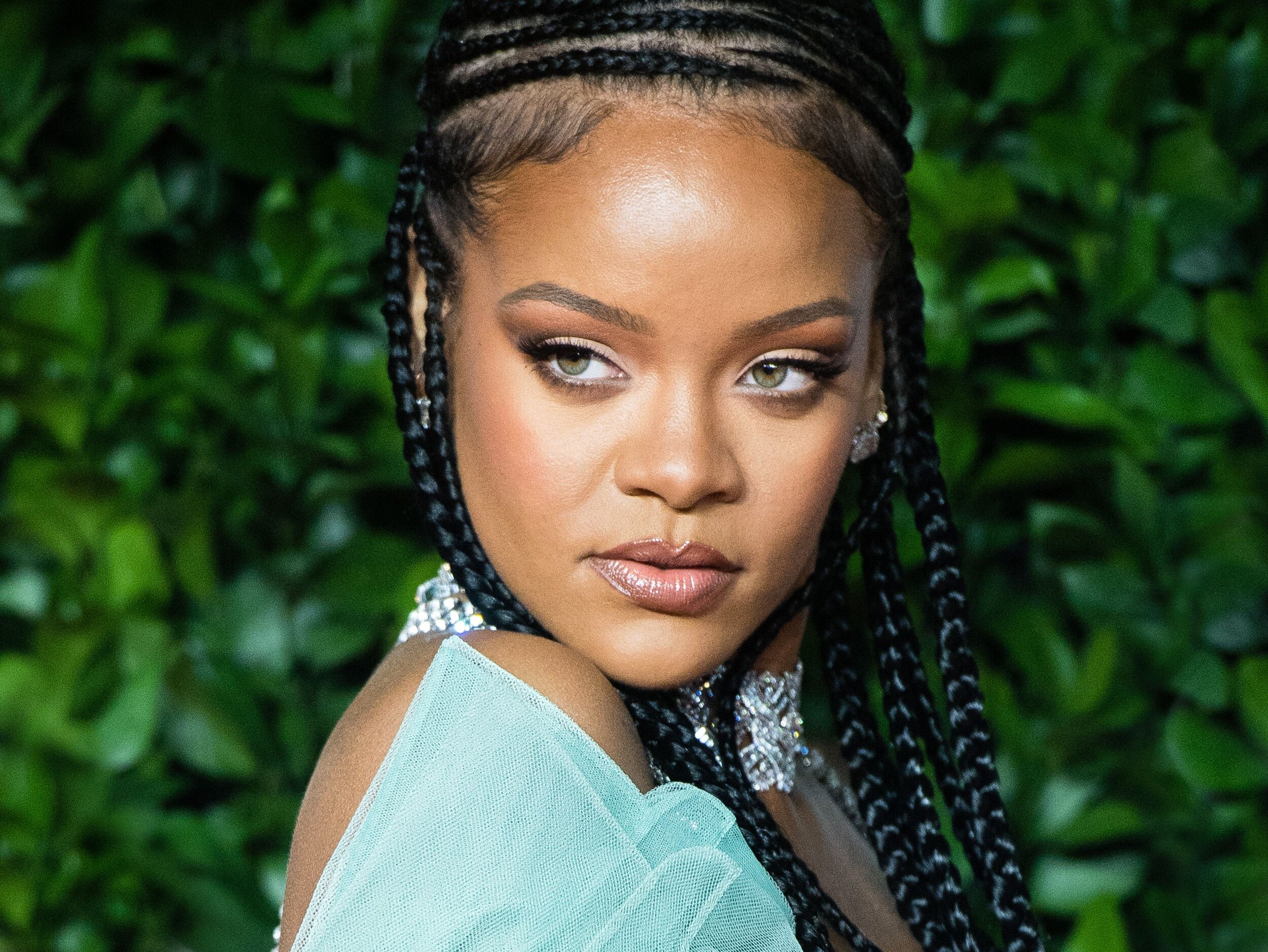Music Videos don’t market music anymore. Or, am I wrong?
It’s been a trend in the music industry for ages to build hype around a release by shooting a music video filled with creativity, shock-value and touching narratives.
This would work so well as consumers would digest these audio-visual experiences solely on their TV’s after a frantic day at school or after work (or perhaps even during, or, on lunch breaks). Channels like MTV Base, Channel U and Kiss would be broadcasted to millions every single day, 24/7. In 2005, YouTube was born and consumers could now consume music videos via laptops & smart devices.
This also added, a new level of personalisation for the music video experience. Now, consumers could choose when to watch their favourite videos. So ‘the machine’ started to have less control over what consumers all across the nation were watching and the playing field levelled out as it was more about who could capture the hearts of audiences.
As time has gone on, entertainment consumption has increased.
According to Oberlo ‘The most popular videos on the internet are music videos. Nearly half (49.4%) of all internet users watch them at least once a week. Comedy, meme, or the commonly-termed “viral” videos are the second most popular type of videos and are watched by just over one-third (35.3%) of global internet users.’
But what this stat fails to highlight, is the consumer behaviour shift from passive watching to active watching habits.
What this means is that, music video consumers are likely to click through from their favourite artist social media to watch a music video or they may search for it in Google or in YouTube or they may check their favourite Spotify & Apple playlists and then go and search for the music video or they may keep up to date with leading social media culture blogs like ‘MadeYouThink 101’ to find out the new popular releases or even through a mailing list that hits them directly or the typical word-of-mouth method may bring them to a music video or maybe they walk past a billboard that promotes the new release or perhaps they be listening to a podcast that’s debating about which artists new release is better than the others or … you get the jist. Consumers can now watch the music videos they want to watch and musicians can market to them in many different ways.
Now, where are the young people’s eyes? They’re on TikTok. And what is TikTok famous for? Short viral video-first clips.
& how is that affecting music video consumption?
It’s driving traffic to the best performing musicians. But not necessarily their music videos. As, on TikTok, they’re creating their own music videos which are actually getting them paid.
paid? Yes. They’re getting paid because all the people re-using their sound are getting them paid as each time their sound is used, they get paid a small sum.
I’m not going into the actual figures here, but what I’m highlighting here is that TikTok has Gen Z and below wrapped round their finger & so they have all the leverage in attracting musicians to their platform, if they want to stay relevant.
Music Videos are cool to watch but in terms of return on investment, do Music Videos create the best return on investment for musicians? I think not.
TikTok has got the new audience. YouTube has the old audience. So, what does one do?
Have a think & type an answer in the comments, peace ✌️
Your Founder, Etim
#keepitexkluse







